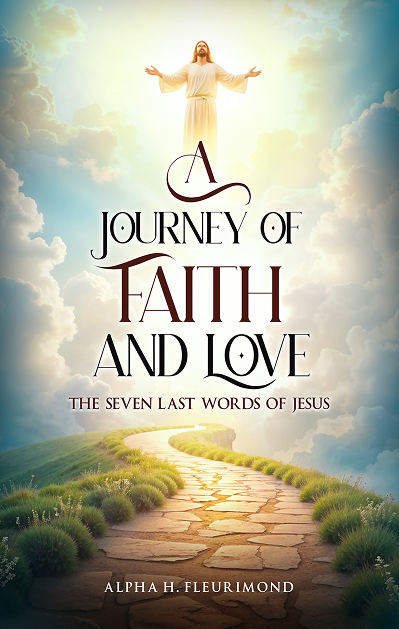Science Proves God: How Modern Discoveries Point to a Creator
The Fine-Tuned Universe: Evidence of Intelligent Design
One of the most significant arguments for God’s existence in scientific discourse is the fine-tuned universe theory. Scientists have discovered that the fundamental constants of the universe—such as gravity, electromagnetism, and the strong nuclear force—are precisely calibrated to allow life to exist. Even the slightest alteration in these values would result in a cosmos where life would be impossible.
Renowned physicists, including Stephen Hawking and Paul Davies, have acknowledged this mystery. This precise calibration suggests an intelligent designer, a divine force orchestrating the universe’s structure. The concept of intelligent design aligns with the belief in God, bridging the gap between science and faith.
DNA: The Code of Life
Another powerful piece of scientific evidence pointing toward divine creation is DNA, often referred to as the “language of God.” The discovery of DNA’s intricate complexity and self-replicating nature has led many scientists to question whether such a sophisticated system could have emerged by chance alone. The human genome contains billions of pieces of coded information, resembling a highly advanced computer program.
The Big Bang Theory and the Origin of the Universe
Consciousness and the Human Soul
Beyond the physical world, the existence of human consciousness presents one of the most profound mysteries in science. Despite advances in neuroscience, scientists have yet to explain how self-awareness, morality, and emotions arise purely from physical processes. The question remains: If humans are simply biological machines, why do we experience love, purpose, and spirituality?
Conclusion: A Bridge Between Science and Faith
Instead of being in conflict, science and faith can complement one another. As Albert Einstein once said, “Science without religion is lame, religion without science is blind.” With continued research and open-minded exploration, humanity may one day come even closer to understanding the divine mysteries of our existence.
